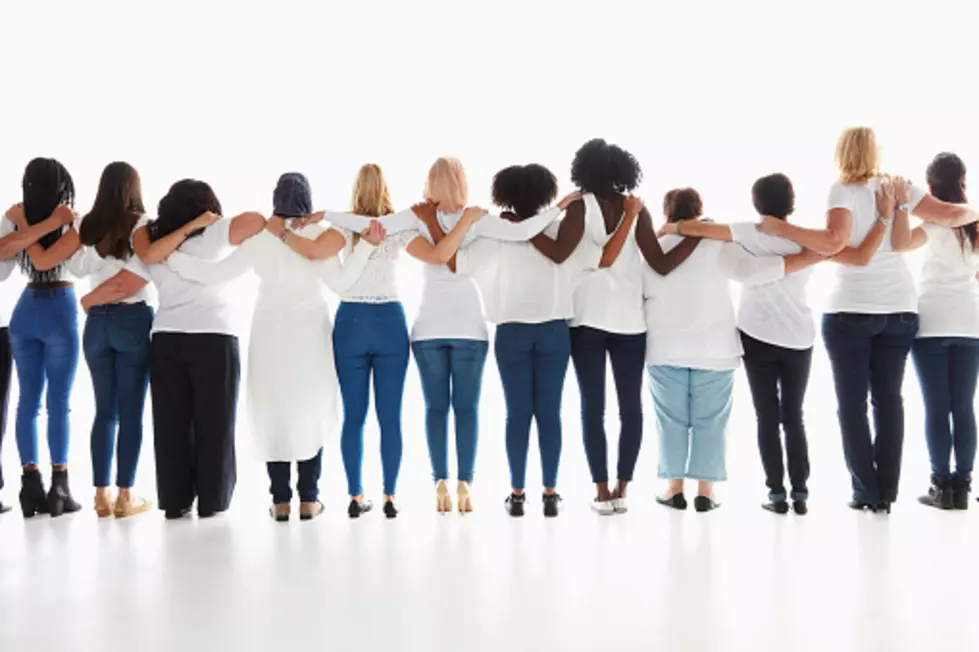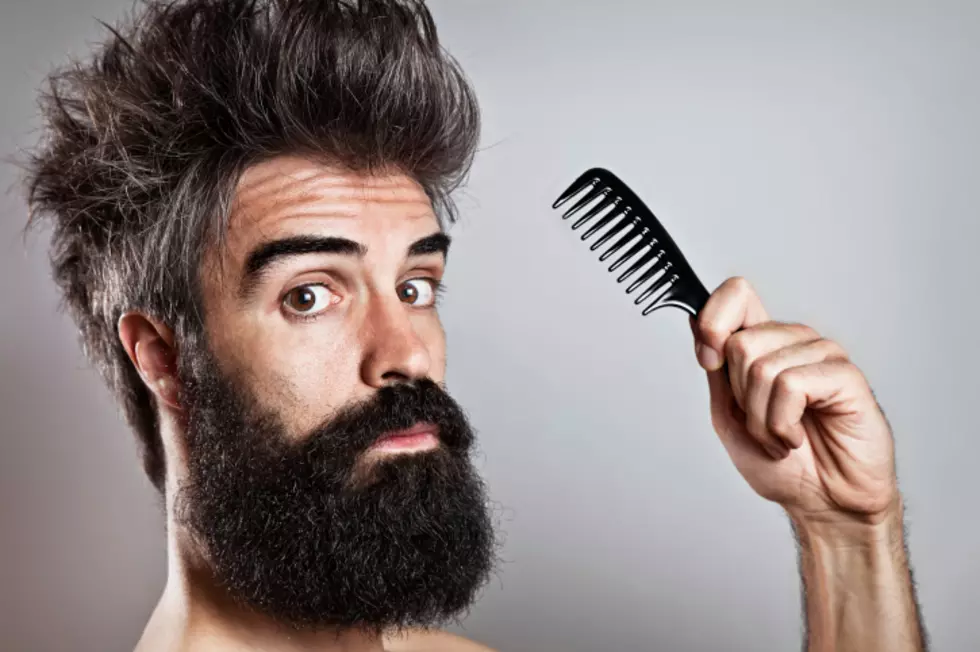
Women’s Health and Fitness Day is The Last Day of September
National Women’s Health and Fitness Day takes place on the last Wednesday of September. In normal time on this day, an estimated 80,000 to 100,000 women of all ages would gather at local health and fitness events across the nation.
Although things may be different this year, women of all levels of fitness can speak out and encourage each other to start or continue their health journey. Mask up and try joining a walking group. Attend a webinar about how to maintain good health. Do an at-home exercise routine from YouTube.
Another idea...do what my friends and I did this spring. We started a text chain and sent our daily workouts to each other. Not only was it a great way to stay motivated, but it was also good to connect with each other.
Here are some for everyday tips for being healthy women.
- 1
Make Nutrition a Priority
Don't go on a crazy diet or change everything all at once. That might last a week or two. Make small, daily changes, such as adding more vegetables, limiting night-time snacking and keeping the junk food out of your grocery cart.
- 2
Take your vitamins
400-800 milligrams of folic acid is one of the most important vitamins, but most women could benefit from a mulit-vitamin and calcium supplement. We are all different so talk with a nutritionist or healthcare provider to see what vitamins and supplements are best for you.
- 3
Get Moving
we were made to sit on the couch all day. Since many of us are sitting at home more often, it is more important than ever to get some physical fitness into your day. Aim for at least 30 minutes of daily exercise.
- 4
Start Your Screenings at 21
At the age of 21 you should start getting pap smears done.
- 5
In Your 30's and 40.s
Get your baseline mammogram at age 35- 40 if you do not have a family history of breast cancer. Get your first colonoscopy at 45. If you are in your 40’s start talking to your doctor about pre-menopausal symptoms that you may be having.
- 6
In Your 50's
In your 50’s, be aware of approaching menopause and ask your doctor about alleviating symptoms. As you get older, there are also several vaccines that you might need such as shingles or booster shots for vaccines you got as a child. Ask your healthcare provider.
- 7
Sleep
Make sure you go to bed and wake up at the same time every day, strive for 7-9 hours and keep the tablet or phone out of your bed at night. The blue light stimulates your brain and can keep you awake.
- 8
Check Your Mental Health
There is so much emphasis placed on our physical health, but mental health is just as important. Especially during these unusual times, we need to know it is okay to not be okay. Do something you love, take time to relax and pamper yourself, contact a friend or family member, or talk to a therapist if you need more help.
More From SoJO 104.9 FM










